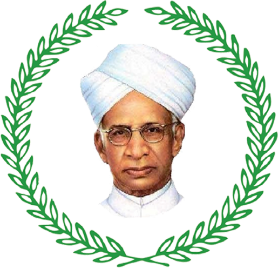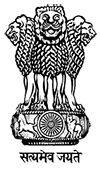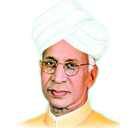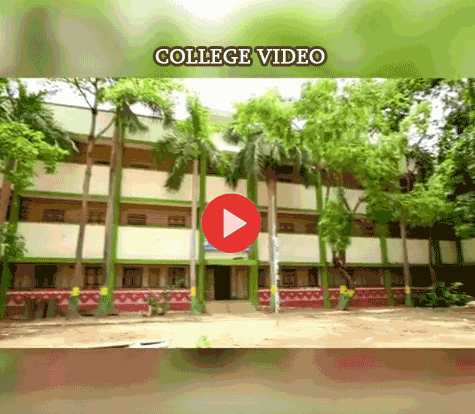Learning Methods
Dr. S.R.K. Govt. Arts College believes in the adoption of student centric methods to enhance student involvement as a part of participative learning and problem-solving methodology.
Experimental Learning:-
Experiential Learning is the process of learning by doing. The well-equipped laboratories provide ample opportunities for the students to learn by doing. The students take part in the experiments, get clarify the doubts and obtain hands-on experience. By engaging students in hands-on experience and reflection, they are better able to connect theories and knowledge learned in the classroom to real-world situations. This helps the learner to better understand the course material and also boost the self-confidence and leadership skills. Department of Economics send its stakeholders on field visit to get inputs on Economics of Insurance.
Experimental Learning Methods - Click Here
Participative Learning:-
As a part of participative learning, activities like mini projects, quiz contests, declamation contests, essay writing & drawing competition, intercollege competitions, poster making competitions etc. are held. Students are segregated into small groups and are assigned with one of the aforesaid activities. This initiative promotes team spirit, co-operative learning and inter personal skills.
Department of Botany instructs the students to take up a project work on waste management. Suitable instructions are given for the students to prepare eco-friendly products by using the waste materials available in and around Yanam. World Wetland Day is observed by the departments like Zoology and Botany.
Department of Economics gives a project work on Development of Entrepreneurship in the VII Semester of UG. This strengthens their outlook and enable team building skills. Apart from this, Discussions on Budget is held in the department soon after the finance minister Introduces it in the Parliament.
Language departments encourage the students to develop life skills and literary skills through assignments, essay writing and speaking activities. Literary Club, Ek Bharat Shreshta Bharat Club and Fine Arts Committee encourage the students to exhibit their innate talents in terms of arts, cultural activities, communication skills and life skills.
Important days like National Science Day, Mathematics Day, Teachers’ Day, Independence Day, National Voters Day, NSS Day, NCC Day, Sadbhavana Diwas, National Integration Week and the like are observed in the college. Students also participate in Blood Donation Camps, Swachh Bharat Abhiyan, Village adoption, Natural Disaster Management in order to make the students responsible citizen.
Participative Learning Methods - Click Here
Problems Solving Methods:-
Department of Mathematics initiated several problem-solving methods to the students. Apart from this, every department conducts quizzes periodically to assess the critical and logical thinking skills of the students.
Department of Computer Science encourages its students to learn programming skills. Case studies are given in terms of programming that would enable the students with technical skills, analytical ability and problem-solving ability.
The above said student centric methods helped the students for their all-round development to face the real challenges in life. These methods have transformed the passive learner in to an active participant in both curricular and extracurricular activities.
Problems Solving Methods - Click Here
Project Work & Field Survey:-
Project Work provides a learning experience in which students can synthesize knowledge from various areas of learning and apply it critically and creatively to real-life situations. Project-based learning encourages students to become independent workers, critical thinkers and problem-solvers. It urges students to form questions of their own, developing a sense of ownership of their learning process and outcome.
Project works are an important component of academic and assessment activity in the college. Some programmes make fieldwork and project works as a compulsory course with complete paper weightage of 100 marks and some department give mini project works as a part of internal assessment.
Project Syllabus - Click Here Project Works - Click Here



